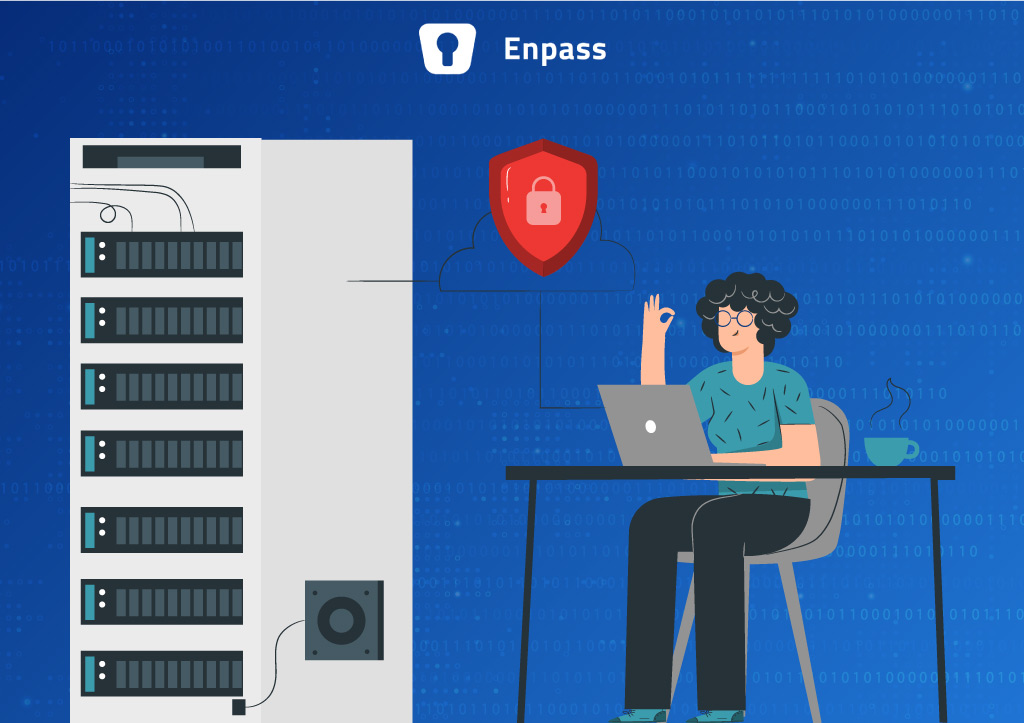
In a world where life has become increasingly virtual, a concept of protecting consumers’ data under the law – data sovereignty – was created. An increasing number of businesses sell their services and products online, for which they collect personal data of customers, like email, credit card information, address, phone number, etc. Data sovereignty laws govern the collection, storage, and processing of such data. They determine who can access certain kinds of data and whom the data can be shared with.
Since data sovereignty laws differ from region to region, securing data can be especially difficult with changing geographical locations. This means businesses must comply with the laws at home (data residency rules), where data is collected, and abide by the laws where the data is stored.
For example, a company operating in Canada that caters to consumers worldwide must comply with Canada’s Personal Information Protection and Electronic Documents Act (PIPEDA) and laws in other countries.
Importance of Data Sovereignty
Data sovereignty laws were introduced to protect consumers’ privacy and also protect them against crimes like identity theft and fraud.
Government bodies managed to safeguard people by setting guidelines on how businesses handle the processing and storage of data and with whom businesses share data.
Without data sovereignty, your personal information could be collected, used, and shared without your knowledge or consent. But that’s not all, thanks to these laws and the compliances and restrictions on how data is shared, they also help curtail the threat of cyber attacks.
However, data sovereignity laws aren’t only restricted to the boundaries of a nation. They also come into play when your data is transferred internationally. Different countries have different data sovereignty laws, so organizations may need to implement additional safeguards to ensure your data is used responsibly and ethically even in such scenarios.
Essentially, what the above means is a business has to abide by:
(1) the laws of the data’s origin country and
(2) the laws of the country where data will be processed or stored.
The government may impose hefty fines on the business if they fail to comply.
For example, the European Union’s (EU’s) General Data Protection Regulation (GDPR) applies not only to companies in the EU but also to any company that receives data from organizations or people outside the EU. The GDPR has imposed major restrictions on organizations that conduct international businesses and/or execute a cloud-first approach.
But what this also means is that data sovereignty comes with its own set of challenges. Every business that transacts or operates across countries, has to abide by the various data governance laws prevalent at each of those geographies.
How to Tackle Data Sovereignty Challenges?
Generally, data protection laws cover common ground, but it leaves companies with limited operability if even one jurisdiction has different rules.
One of the key things is to keep employees updated about the constant change in the legal landscape as and when they happen. Additionally, the data collection and storage infrastructure of your business may need to be deployed anew as per the latest regulations. Even though this might be difficult to execute, it has long-term benefits.
Here are some guidelines that can help businesses navigate the data sovereignty challenges:
1. Ensure the location of the data enables you to deploy the necessary policies (complying with the laws) and monitor the facility.
2. Ensure the data is stored mainly on trusted devices to minimize the risk of a data breach.
3. Ensure that the data you store on the cloud is encrypted. Cloud-based solutions can be accessed from any part of the world at any given time, which is why they are a relatively easy target for hackers compared to offline storage solutions.
4. It is important that the service providers you engage with stay abreast with the legal aspects of data sovereignty and comply with the regulations. Besides, if you host data on-premises, check with your legal department routinely to know if there is any compliance issue.
Protect Sensitive Data in Your Organization with a Compliance-Friendly Password Storage Solution
While data protection and compliance laws are a must to abide by, you also need to protect the data using the right security measures, including passwords.
That said, password management solutions aren’t always compliant. Most password managers store the data on their (service provider’s) servers. This creates issues for enterprises when it comes to various data compliance laws.
An offline password manager is a way forward for highly regulated businesses concerned about data security and compliance with data sovereignty laws.
Enpass is a highly compliant password management solution that enables you to exert total control over passwords and credentials (a significant portion of your data). Enpass works in a way that allows orgnanizations to choose their own safest place to store and sync their data (like Microsoft OneDrive/SharePoint). Even in such scenarios, the data is 100% encrypted, and Enpass never has any data stored on their proprietary servers – Enpass is truly a zero-knowledge solution. Since the data never leaves your organization, it is easy to comply with data protection laws.
Enpass is also ISO 27001 certified ensuring continual improvement, development and protection of information by implementing appropriate risk assessments, policies and controls. It is also thoroughly audited by an independent third party.
Are you still confused about how implementing a password management solution can be beneficial? We suggest you try Enpass today. It is free to try and you can sign up here.